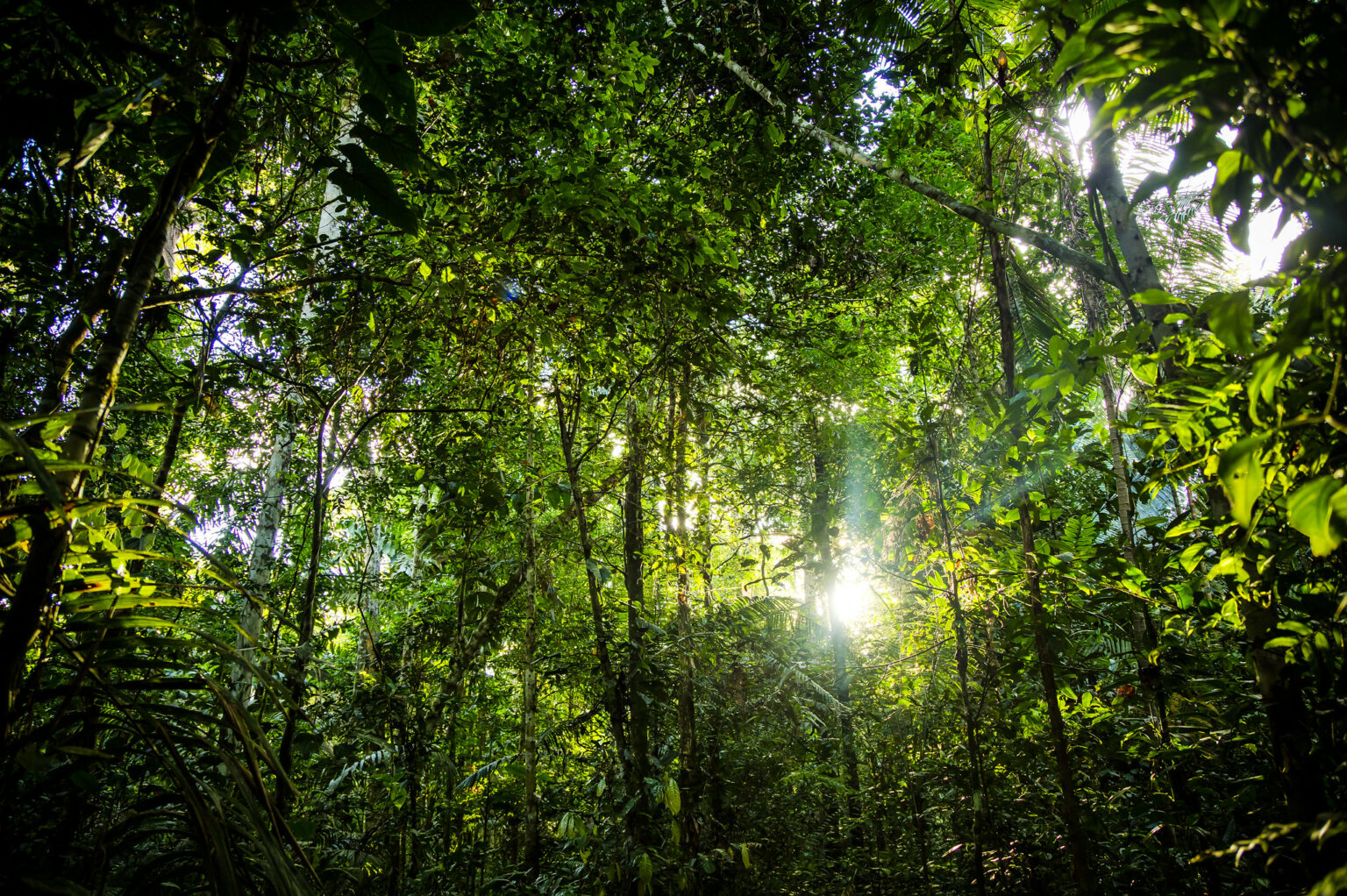- About
- Topics
- Picks
- Audio
- Story
- In-Depth
- Opinion
- News
- Donate
- Signup for our newsletterOur Editors' Best Picks.Send
Read, Debate: Engage.
The rampant and unbridled deforestation in Haiti has been denounced by the NGO Manos Unidas on the eve of World Environment Day, celebrated on 5 June. The coordinator of projects in the Caribbean for Manos Unidas, Lucas Bolado, explains that the felling of trees happens mainly for charcoal extraction since this is the only source of energy for cooking in most households and one of the few sources of income available to families.
In addition, the inappropriate agricultural practices such as slash-and-burn (which consists of clearing forested areas to burn the land to produce short-cycle crops) depletes the land in a few cycles, forcing producers to burn more and more land. Such a widespread destruction of green cover affects the quality of the soil, which turns out to be less fertile and more propense to erosion, as well to landslides and floods.
Haiti is considered one of the most vulnerable countries when it comes to the climate emergency. According to the Global Climate Risk Index, Haiti has been one of the three nations, along with Puerto Rico and Myanmar, most affected by the impact of extreme weather events between 2000 and 2019. More than five thousand people have died and billions of dollars have been lost in these two decades as a consequence of natural tragedies.
Manos Unidas, which continually fights for human rights in Haiti, adds that the magnitude of the natural disasters deepens the already precarious infrastructure and the lack of public services in the country. The consequence of this whole package of fragilities is that millions of Hatians are affected by extreme poverty and food insecurity. Moreover, the exploitation of the environment to maintain livelihoods creates conflicts on the border between Haiti and the Dominican Republic.
One of the solutions presented by local organisations working in the region is the encouragement of cooperatives based on the solidarity economy. "It is necessary to foster cooperation and dialogue between local authorities, non-governmental organisations and civil society to jointly address the environmental challenges of the Dominican-Haitian border by sharing best practices, resources and know-how," says Eliseo Vicioso, Director of the Regional Federation of Peasant, Farmer, Women, Micro-entrepreneur and Related Organisations.
Manos Unidas also has a plan to boost the extensive reforestation of Haiti. Aside from planting new seedlings of timber and fruit trees, the NGO has been working on the promotion of agroforestry practices that combine short-cycle crops such as beans or maize with fruit crops that can provide shade and help with reforestation while also contributing to food sustainability.
Parallel to this, Bolado explains that the construction of more efficient kitchens can also be helpful since they can work satisfactorily with much less energy - up to 75 percent less firewood. Under the slogan "Haiti: reforest or die," the responsible for the projects of Manos Unidas concludes: "It will be difficult to break out of the poverty cycle without widely reforesting and searching for other ways of generating energy for cooking. We are working on this."
Image by Justus Menke

